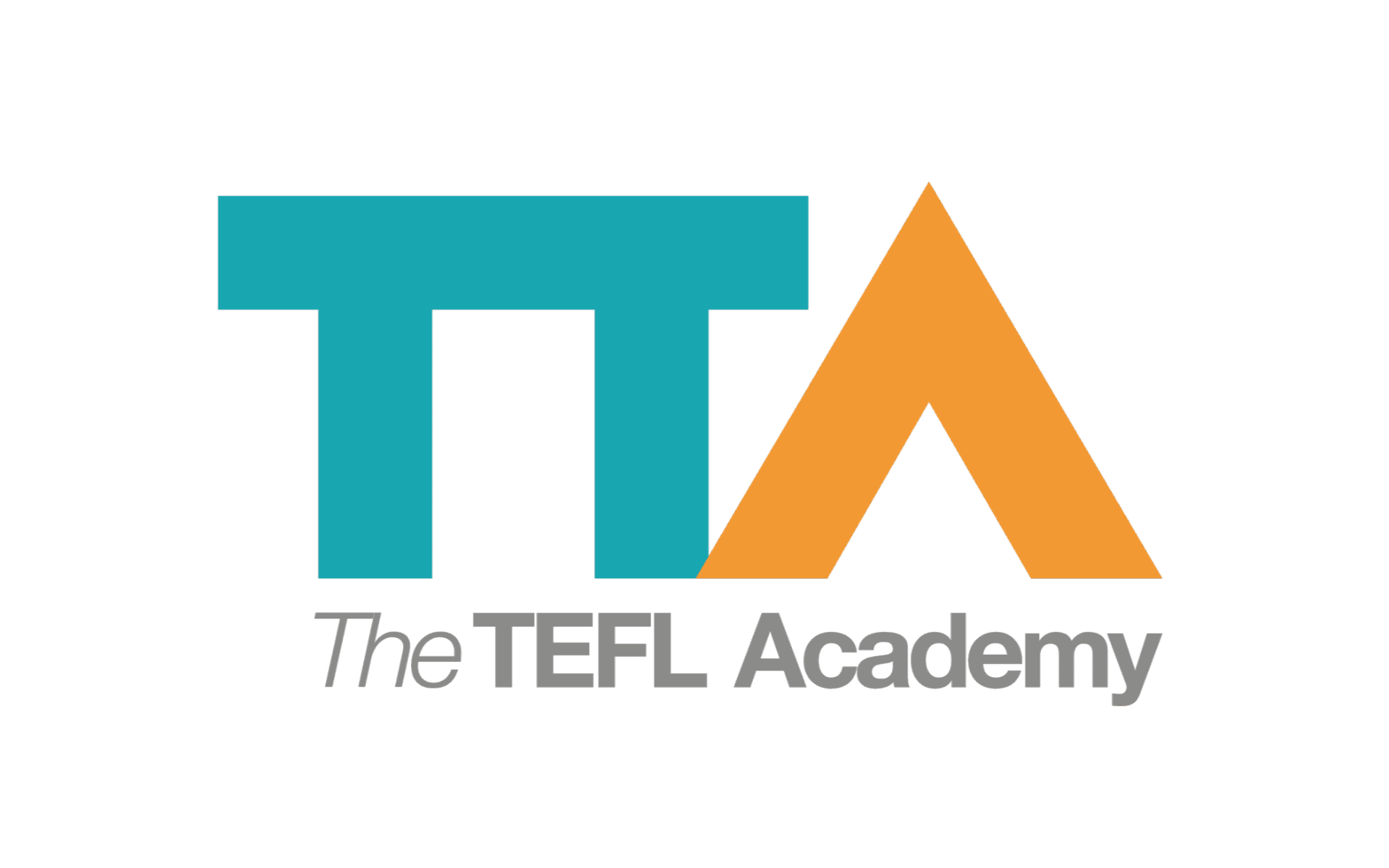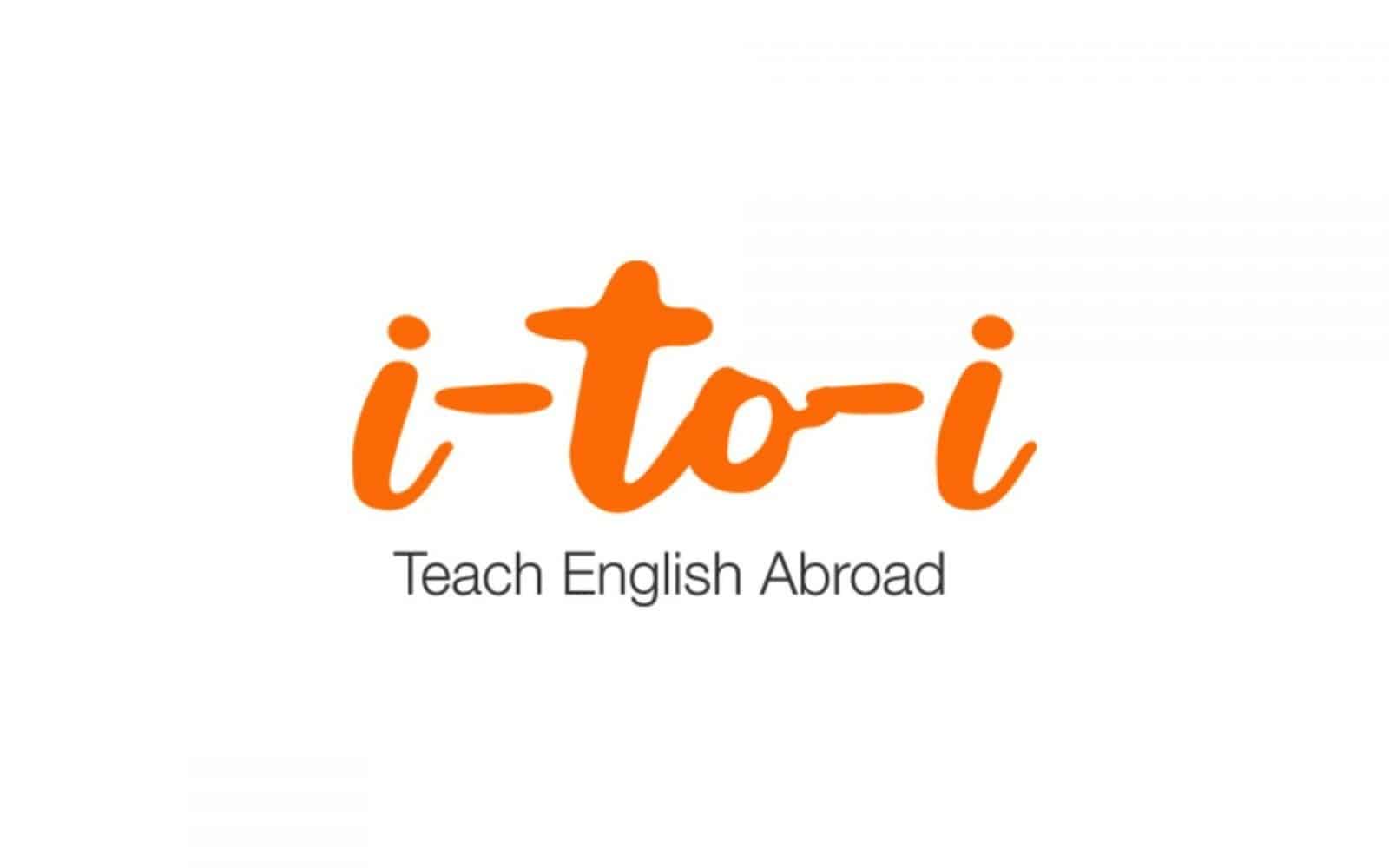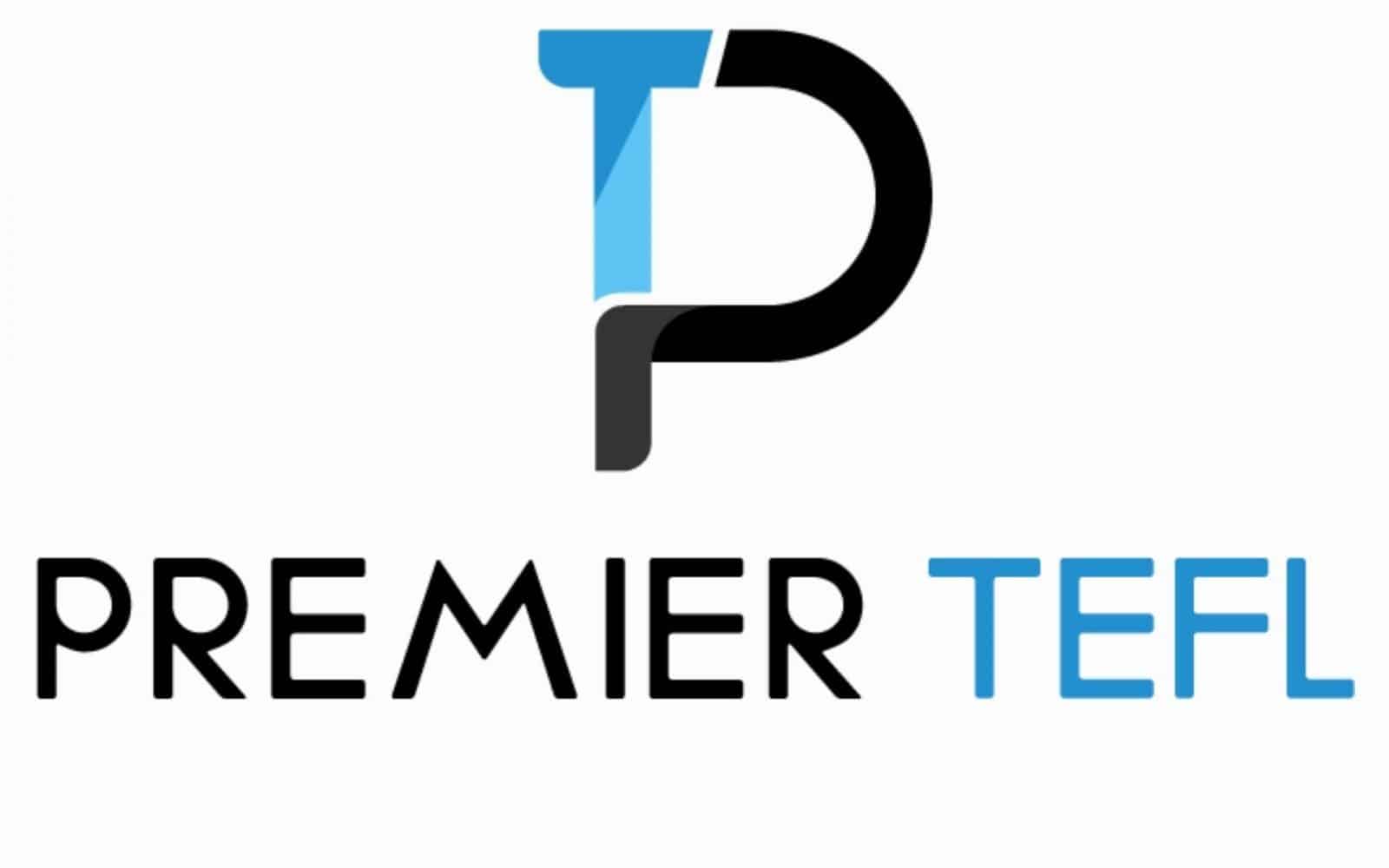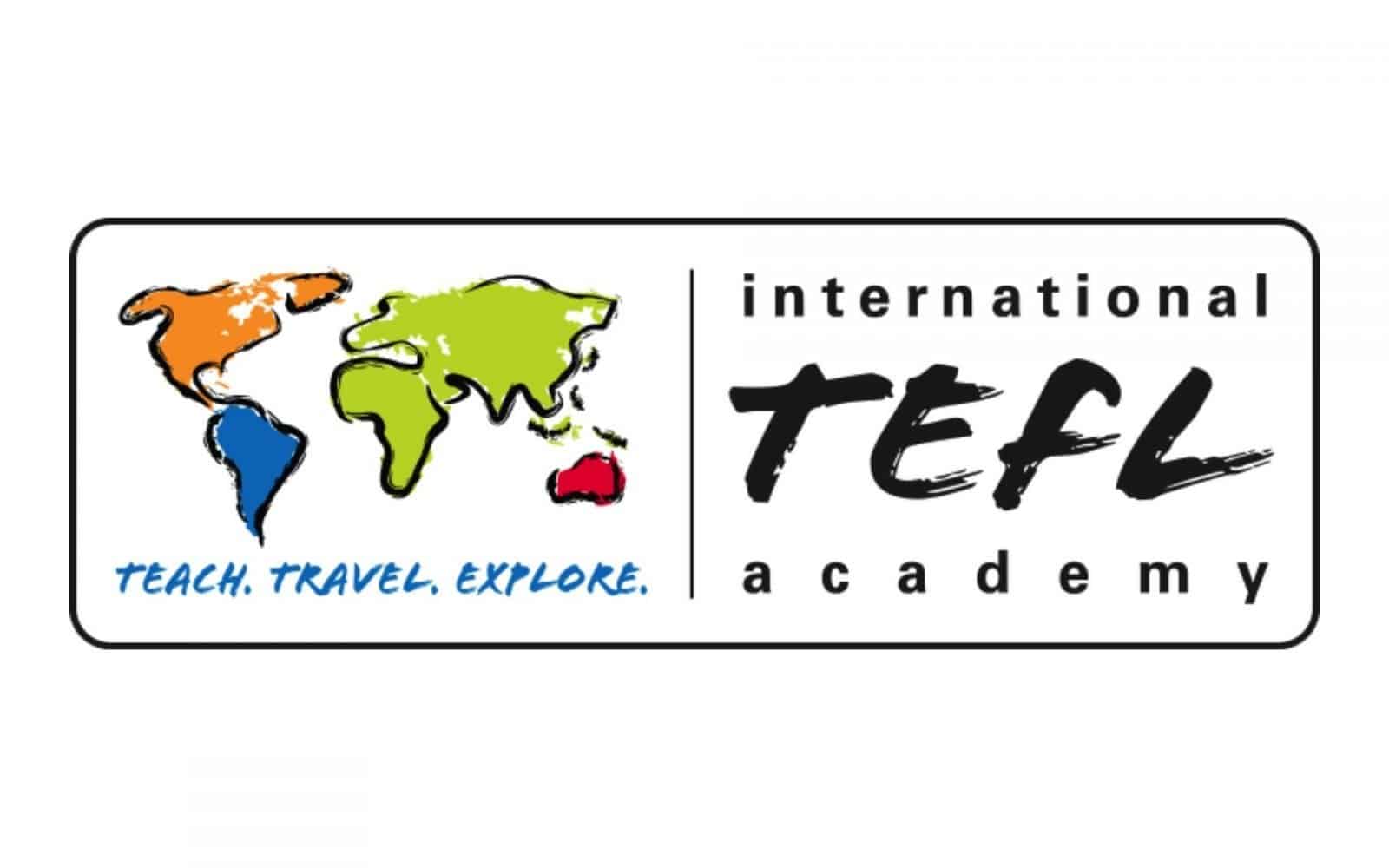Discover the Best Places to Teach English and Make Money

Not all TEFL certifications are created equal, and you probably won’t know the differences if you’re just beginning your discovery process of what qualifications you need to teach English. So let’s take a look at our criteria for evaluating and deciding on a course to enroll in, and our recommended TEFL certification providers.
The first and single-most important criteria we want to consider when evaluating a TEFL certification is the legitimacy of the qualification. Many TEFL certification providers have sought to gain legitimacy through accreditation. An accredited course has been audited by an independent agency for meeting specific requirements.
However, because there is no single, internationally recognized body regulating the ESL profession, no standard set of requirements exists. Furthermore, while some generally accepted criteria are applied for qualifying ESL teachers across the ESL industry, these are not applied, administered, or regulated in a consistent manner.
Some TEFL certification providers have taken steps to gain accreditation and become regulated by the UK Office of Qualifications and Examinations (Ofqual). In doing so, the TEFL certifications they issue must regularly demonstrate that they comply with the UK Government’s regulations for qualifications, and are an accurate indication of the knowledge, skills, and understanding acquired by someone who has earned the qualification.
There are nine qualification levels, starting at Entry Level and ending at Level 8. Each level indicates the the knowledge, skills, and understanding attained through the qualification. An example of a Level 8 qualification would be a doctor of philosophy degree (PhD).
Why Do We Recommend Ofqual Regulated TEFL Certifications?
Ofqual was set up by the UK government to regulate exams, qualifications and tests. It is a non-ministerial government department and as such has a level of independence, reporting directly to parliament.
Ofqual provides standardization and recognition by regulating qualifications such as a TEFL certification.
An Ofqual regulated TEFL qualification enables prospective ESL teachers to evaluate TEFL certification courses that satisfy government regulations, and enroll in the course with a high level of assurance that their TEFL qualification is both legitimate and internationally-recognized.
The UK Government has established a Regulated Qualifications Framework (RQF), which defines qualifications into nine levels, starting with Entry Level and ending with Level 8. An example of a Level 8 qualification would be a doctorate degree such as a Doctor of Philosophy (PhD).
According to the UK Government, Level 5 qualifications are:
According to Wikipedia, a Level 5 qualification meets the following criteria:
Level 5 qualifications recognise the ability to increase the depth of knowledge and understanding of an area of work or study to enable the formulation of solutions and responses to complex problems and situations. Learning at this level involves the demonstration of high levels of knowledge, a high level of work expertise in job roles and competence in managing and training others. Qualifications at this level are appropriate for people working as higher grade technicians, professionals or managers. Level 5 qualifications are at a level equivalent to intermediate higher education qualifications such as diplomas of higher education, foundation and other degrees that do not typically provide access to postgraduate programmes.
The TEFL certifications we recommend are Ofqual regulated Level 5 qualifications, meaning that they are accredited through an independent accrediting body reocognized by Ofqual. These TEFL certifications are internationally recognized because they satisfy qualification standards prescribed by the UK Government.
What about TEFL courses accredited by accreditors recognized by the US Department of Education?
Ofqual is not the only official regulator of qualifications. TEFL certification courses accredited through USA accrediting bodies recognized by the US Department of Education are legitimate TEFL qualifications, too.
If you prefer completing an online TEFL certification accredited in the US, the following TEFL providers we recommend are accredited by bodies recognized by the US Department of Education:
Our basis for recommending Ofqual Level 5 TEFL certifications is that it simplifies your decision-making process. Prospective enrollees can feel confident selecting an Ofqual regulated TEFL certification. It is legitimate and internationally recognized, and it is much easier for a prospective TEFL course enrollee to compare and select between courses that adhere to a common framework.
The Cambridge University Certificate in Teaching English to Speakers of Other Languages (CELTA), as well as the Trinity College Certificate in Teaching English to Speakers of Other Languages (CertTESOL), are Ofqual Level 5 accredited qualifications.
Comparing apples to apples makes the decision-making process much easier.
The importance of a TEFL certification course designed, delivered, and assessed by qualified ESL professionals cannot be understated.
It goes without saying that anyone who is serious about a teaching career requiring a TEFL certification should ensure the course is conducted and evaluated by qualified and experienced ESL professionals.
TEFL certification trainers should ideally have the following credentials:
Equally important is to confirm whether students are required to complete assignments that are assessed by ESL professionals in order to graduate from the course. If a TEFL certification can be awarded without its enrollees being assessed, then can we respect that as a genuine qualification? The very purpose of obtaining a qualification is to verify that you have the necessary skills to perform a specific task.
Online TEFL certifications are abundant. However, what distinguishes a legitimate TEFL certification, aside from its accreditation, is whether the provider also offers its course through blended and in-person learning.
Top employers tend to have a strong preference for those who have earned their qualification through blended or in-person training. This is because both of these modes of learning incorporate real classroom practice, whereas online learning on its own does not. In lieu of taking a blended course, some ESL teachers complete an online certification and
Many top employers in the Middle East, where ESL teachers can command some of the highest salaries and benefits in the ESL industry, won’t accept TEFL certifications completed online.
On the other hand, a TEFL certificate earned through online learning will suffice throughout most of Asia, though more selective employers will have a strong preference for candidates who have obtained their qualification through blended learning, since this acts as a confirmation that the candidate has had classroom teaching experience.
Before selecting a TEFL course to enroll in, be clear about what is expected from employers in the location you intend to teach. In most cases, a Level 5 online certification will be sufficient. Nonetheless, knowing that the provider also offers the course through blended learning gives you added confidence.
Getting hired as an ESL teacher is not particularly difficult. What is hard is knowing whether the job offer is real and the employer can be trusted. In fact, due to the international nature of the ESL industry, it is difficult to properly regulate, and there are numerous cases of people being hired to teach English abroad, only to find out once there that the job was misrepresented.
A credible TEFL course provider will have established relationships with legitimate employers, recruiters and job sites, and have set up placement services to help their graduates start their ESL teaching careers on the right track.
Affordability is subjective to each person’s situation and career goals, but we believe the cost of a TEFL certification should reasonably fit inside the average person’s financial means.
A Level 5 TEFL certification should not cost more than $2000 for an in-person course, $1500 for a blended course, and $700 for an online course. Most ESL teaching positions do not offer high salaries and benefits, and a lot of the cost of being an ESL teacher is borne by ESL teachers themselves. Therefore, we feel it is important to assess the cost of a legitimate TEFL qualification relative to the anticipated income of an ESL teacher.
The TEFL certification providers we recommend generally fit into these price brackets.
Thousands of positive reviews on trusted review sources provides a good indication of how satisfied course graduates are with their investment.
What to look for in a TEFL certification course review:
While the CELTA is a great qualification to have, and the knowledge and skills gained from completing a CELTA are of high value, we do not recommend CELTA for most ESL teachers. Here is why:
There may be exceptional cases where attaining a CELTA qualification is warranted, but those are exceptions. The cost of attaining a CELTA qualification, in our opinion, is not justifiable for the typical ESL teacher. A Level 5 TEFL certification is adequate to qualify for most ESL teaching positions around the world.
You get what you pay for. If you paid $50 for a TEFL certification through a Groupon deal, you can be fairly sure that:
Think about it – how would you feel if you had paid $1000 for a language course, only to discover your teacher bought a $50 certification course on Groupon? If your goal is to develop a career in ESL and gain an internationally recognized TEFL qualification, you should avoid Groupon deals.

The TEFL Academy is in the business of doing one thing and doing it fantastically: Delivering Level 5 TEFL Certification Courses. It offers Level 5 TEFL certifications both online and as a blended (combined) course, which will satisfy the needs of most people requiring an internationally recognized TEFL qualification. Both courses are Ofqual regulated in the UK and DEAC-approved as meeting the criteria for Approved Quality Curriculum (ACQ) in the USA. For those interested in completing a combined TEFL qualification, The TEFL Academy has a large variety of course locations. There’s no getting confused here, and they have rave reviews from course graduates.

i-to-i TEFL is a pioneer in TEFL certification. Established in 1994, it is one of the first TEFL certification providers in existence. It is also one of the first companies to offer an online certification program. Hundreds of thousands of teachers have earned their TEFL certification with i-to-i TEFL. It offers Ofqual Level 5 TEFL certifications online or as a blended course, and offer support to enrollees by DELTA-qualified teachers. It has 1000s of outstanding reviews from people who have graduated from the course.

Based in Ireland, Premier TEFL was founded by ESL professionals with more than 30 years of combined experience in the industry. Premier TEFL offers a variety of online and blended TEFL certification courses, including Ofqual-Regulated Level 5 Online TEFL Certifications. It currently offers Ofqual-Regulated Level 5 TEFL certifications via online learning only. Premier TEFL has 1000s of glowing reviews from course graduates.
Use coupon ESLJX to receive 10% off any Premier TEFL certification course

Based in Chicago, USA, but with courses running across the globe, International TEFL Academy (ITA) is a global leader in TEFL training and certification, with over 5000+ students per year graduating from its TEFL certification courses. ITA delivers its TEFL certification programs through blended and in-person courses. Several of ITA’s TEFL certifications are Ofqual-regulated Level 5 qualification, including its combined course. A quick search on Google will reveal how satisfied graduates are with completing the ITA TEFL certification course.
ITA’s TEFL certification courses are top notch, as is attested by the countless positive reviews bestowed up them by graduates.

BridgeTEFL is the TEFL training and certification division of Bridge Education Group. Based in Denver, Colorado, USA, BridgeTEFL has been widely recognized for its outstanding accreditation by the Accrediting Council for Continuing Education & Training (ACCET), a US Department of Education recognized accrediting body. Graduate of the Master TEFL Certification will earn 12 Continuing Education Units (CEU). Moreover, BridgeTEFL’s TEFL certification courses have been recommended for college credits by the American Council on Education (ACE), and the Master TEFL certification is eligible for up to six semester hours of undergraduate college credit. BridgeTEFL is a truly legitimate TEFL provider and high trainee ratings and reviews BridgeTEFL receives should speak to the quality of the course.
Some of the links in this post are affiliate links, which means if you click through and make a purchase, we receive compensation at no extra cost to you.
See our Earnings Disclosure.
